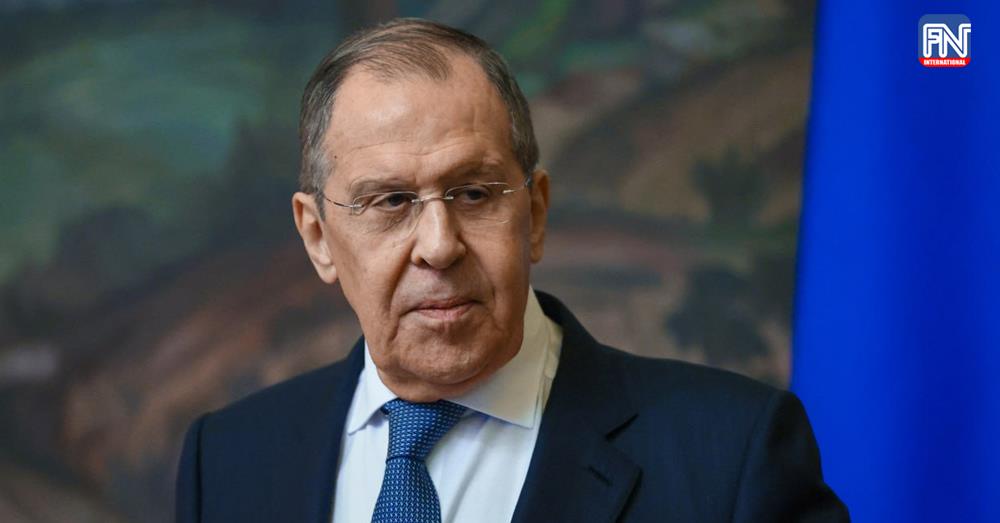TBILIS, March 11 (AFP) - Moscow on Friday (Mar 10) accused foreign countries of fomenting days of mass protests in Georgia, likening them to an attempted coup designed to sow tension on Russia's borders.
Russian Foreign Minister Sergei Lavrov said that several days of demonstrations in the Georgian capital Tbilisi reminded him of a Ukrainian uprising that ousted a Kremlin-friendly government in 2014.
Hundreds of Georgians rallied for a fourth day outside parliament, as lawmakers dropped controversial "foreign agent" legislation that triggered violent clashes between police and protesters earlier this week.
The demonstrations point to turmoil over the future of Georgia, which aims to join the EU and NATO, much to the frustration of Moscow, which invaded in 2008 and recognised two separatist territories in the north of the country as independent.
"There is no doubt that the law on the registration of non-governmental organisations was used as an excuse to start, generally speaking, an attempt to change the government by force," said Lavrov.
The protests looked similar to "Kyiv's Maidan" uprising, he said, and "are of course being orchestrated from abroad" with the aim of creating "an irritant on the borders of Russia".
Critics of the Georgian bill say it resembles Russian legislation used to silence dissenters.
The Kremlin criticised remarks from Georgia's president, delivered from the United States, and accused Washington of stoking "anti-Russian" sentiment in the Black Sea state.
"We see where the president of Georgia is addressing her people from," said Kremlin spokesman Dmitry Peskov.
This week President Salome Zurabishvili sent messages of support to the protesters from New York, where she is on an official visit.
Reacting to the claims, French President Emmanuel Macron said Georgia was being subjected to "very strong pressure" from Moscow.
"There is a tendency in the Kremlin, which is not new, to imagine that every public demonstration is a foreign manipulation because the fundamental belief is that there is neither public opinion nor free people," Macron said in Paris.
